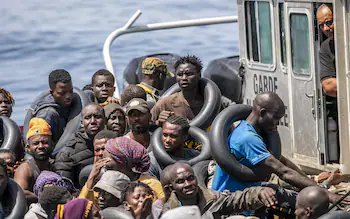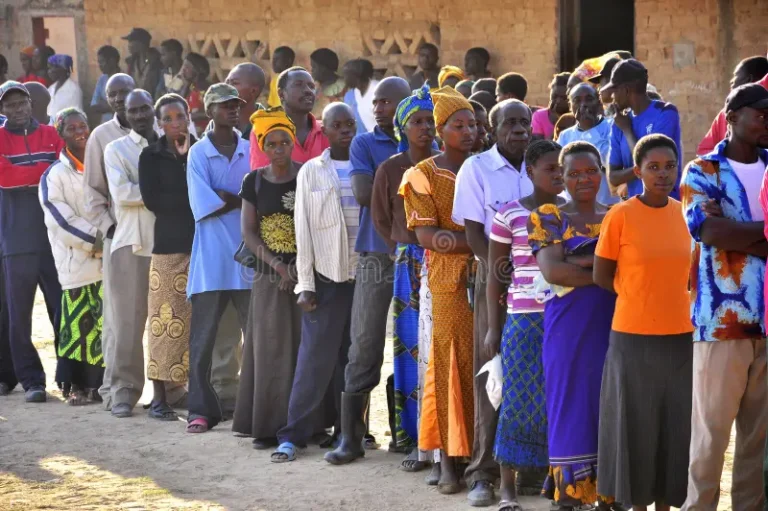Abidjan renames French-named roads in drive to reclaim national identity

Ivory Coast has begun a sweeping initiative to rename streets in its economic capital, Abidjan, moving away from French colonial-era names in favor of figures rooted in Ivorian history and culture.
The campaign, which began in March, is part of what officials call a modernization of the city’s public space.
Alphonse N’Guessan, a project manager at the Ministry of Construction, emphasized that the goal is not political retaliation but cultural affirmation.
“The country simply decided to modernize its system,” he explained. “A name must reflect our history, our culture.”
The move comes at a time when several West African countries—some under military rule—have distanced themselves from France by renaming roads, monuments, and institutions.
Unlike those nations, Ivory Coast, still seen as a close ally of Paris, insists the initiative is aimed at improving civic identity and national memory rather than severing ties with its former colonial ruler.
Many Ivorians have welcomed the change. “I don’t know Giscard d’Estaing. I don’t know who he was!” said Franck Hervé Mansou, a 31-year-old Abidjan resident, referring to the former French president whose name once adorned a major boulevard.
That road now bears the name of Félix Houphouët-Boigny, Ivory Coast’s first president, revered as the father of the nation.
Other prominent roads have also been renamed.
Boulevard de France is now named after the country’s first First Lady, Marie-Thérèse Houphouët-Boigny, while Boulevard de Marseille has become Boulevard Philippe Grégoire Yacé, honoring the former president of the National Assembly.
“The roads of Côte d’Ivoire must bear the names of Ivorian revolutionaries, Ivorian politicians.
There, in the future, we can explain to our children who is who,” Mansou added.
Urban planner Wayiribé Ismaïl Ouattara noted that 75% of Ivorians are under the age of 35, and many no longer identify with colonial references.
“It is important for Africans to identify with the city’s development,” he said, but added that the renaming process should not erase history entirely. “Street naming is not intended to erase collective memory.”
Not all colonial names have disappeared.
Treichville and Bingerville—named after colonial figures Marcel Treich-Laplène and Louis Gustave Binger respectively—remain unchanged, highlighting a nuanced approach to historical preservation.
Of Abidjan’s roughly 15,000 streets, only 600 were previously named.
The ongoing initiative also includes naming streets for the first time, often in honor of local artists, scientists, leaders, and traditional concepts.
Authorities say the process is being done in consultation with civil society and local leaders.
By 2030, the government plans to expand the initiative to at least 15 other cities across the country.
Urban experts believe this renaming campaign could boost tourism and city planning, offering clearer navigation and fostering pride in local heritage.
“We really need to be able to name all these spaces,” Ouattara said, “so that the city can open up to the whole world.”
About The Author
dailymailafric
I am an avid African news observer, and an active member of Daily Mail Africa.
I’m Passionate about staying informed on diverse topics across the continent,
I actively contribute to publishing on political, economic and cultural developments in Africa.



